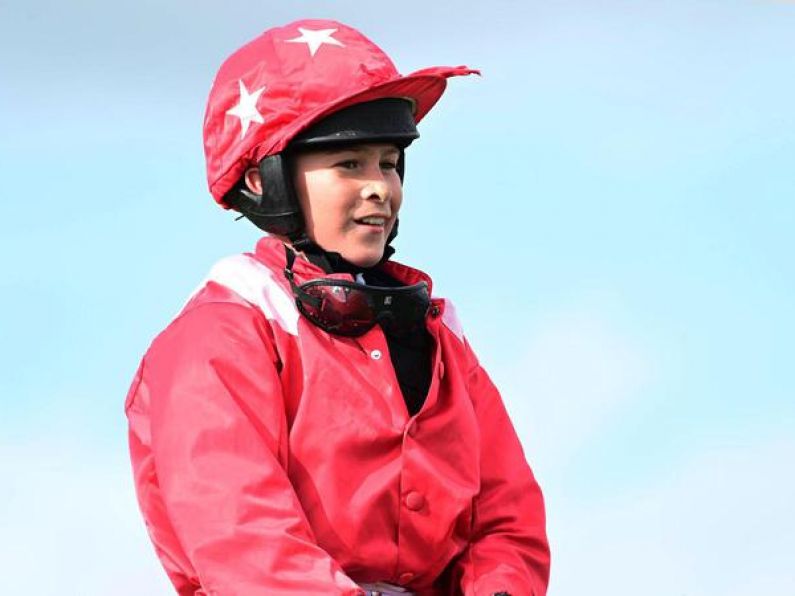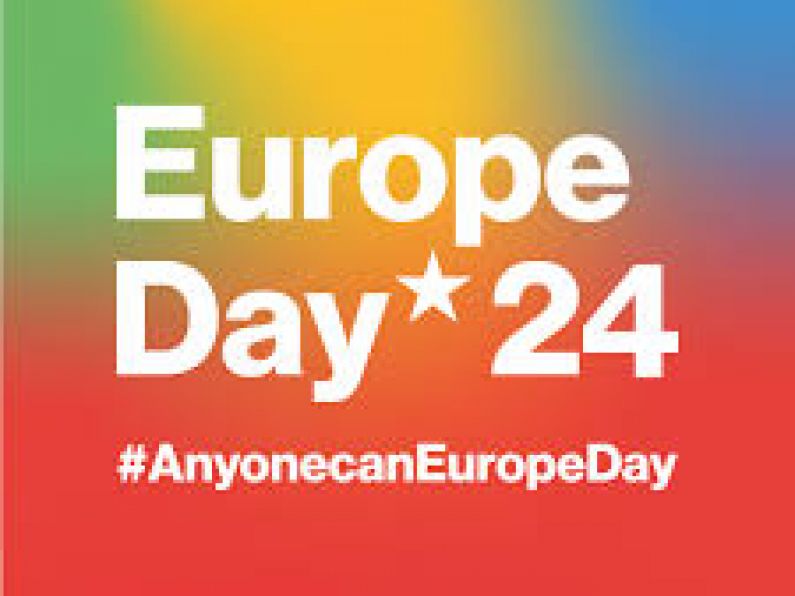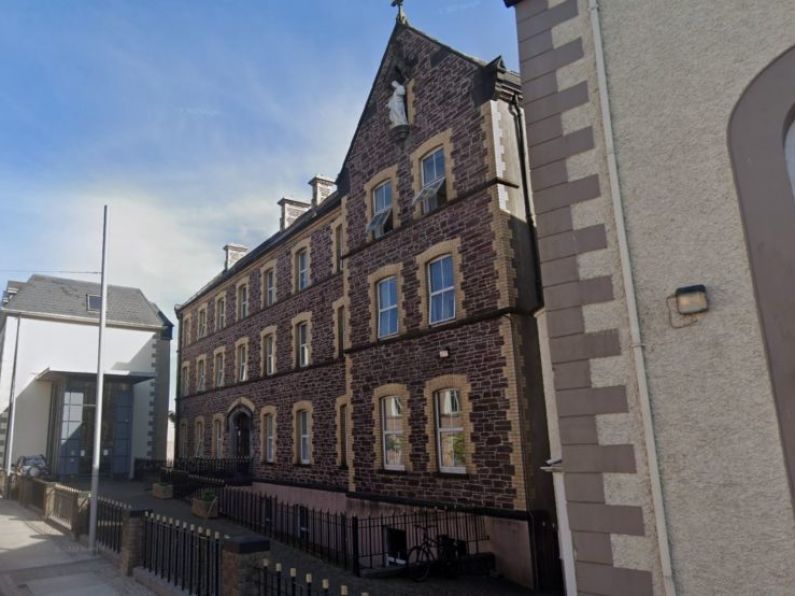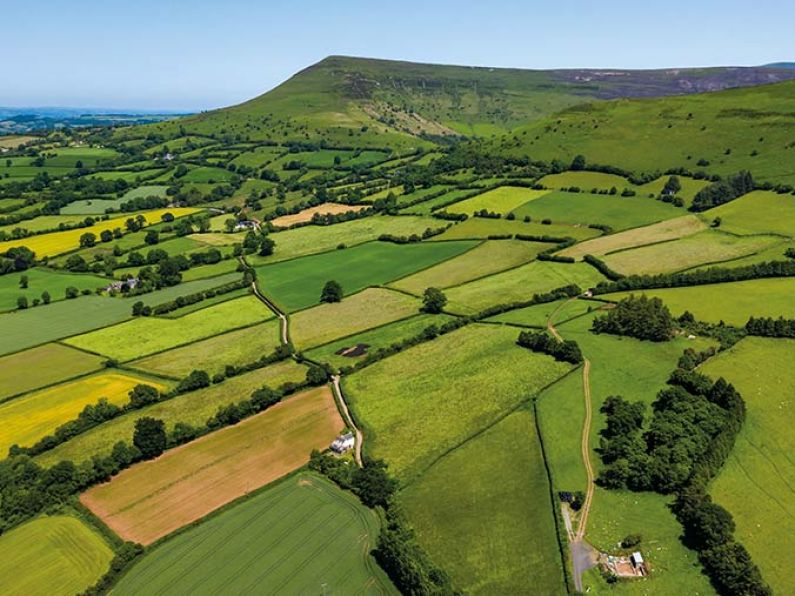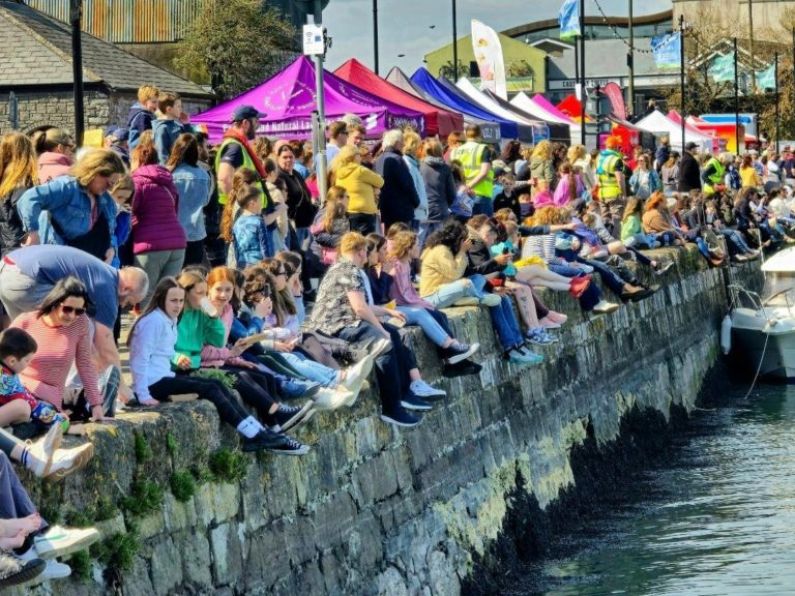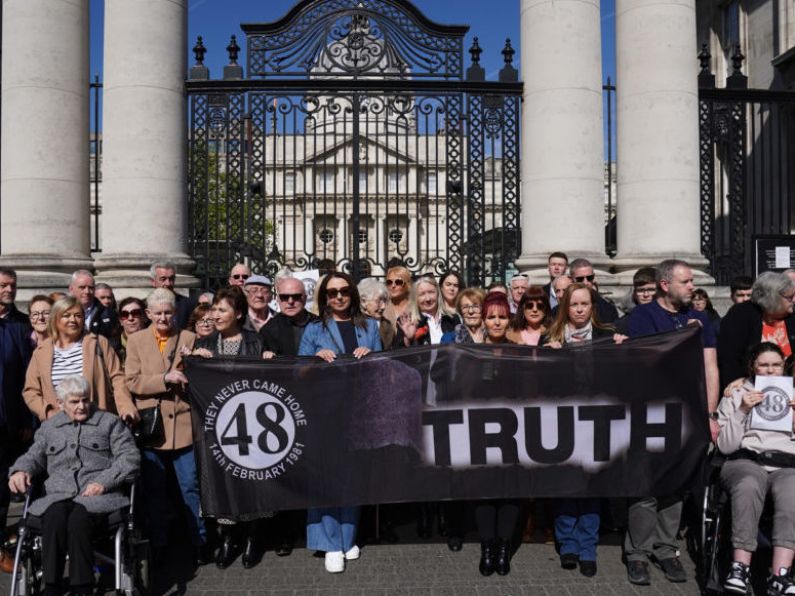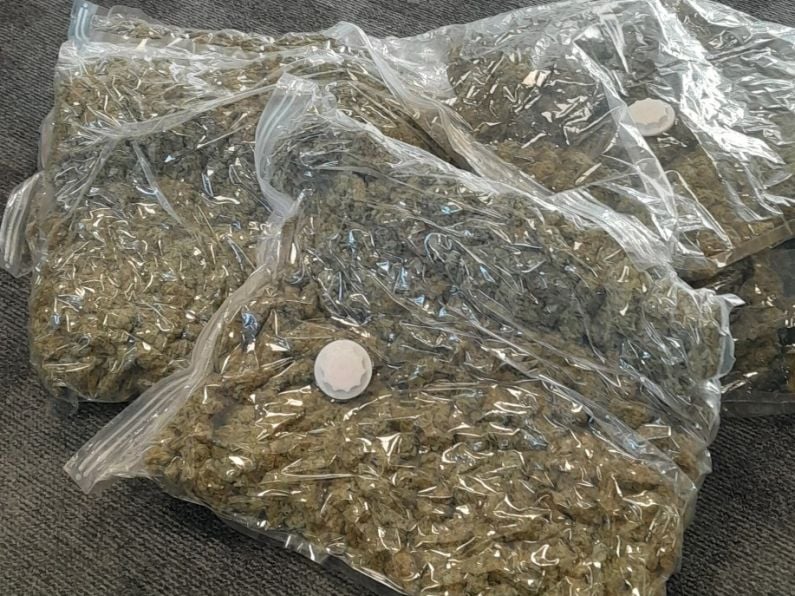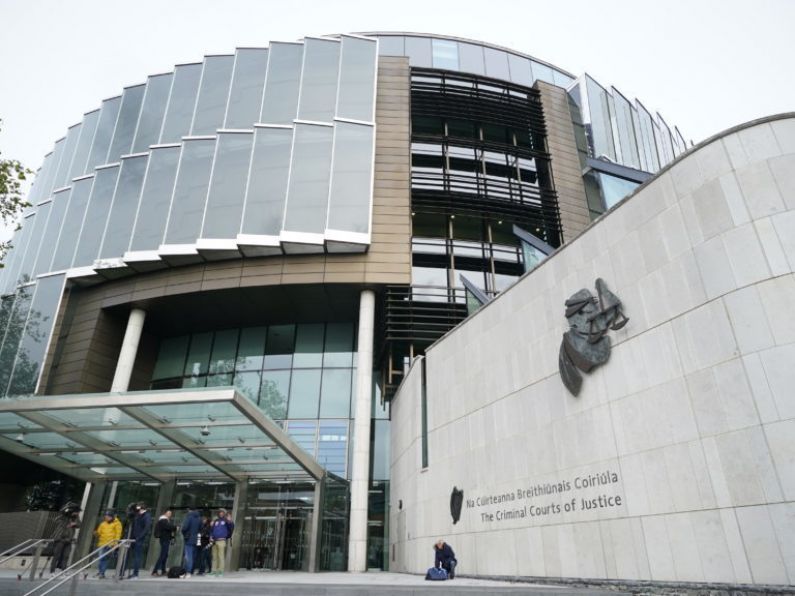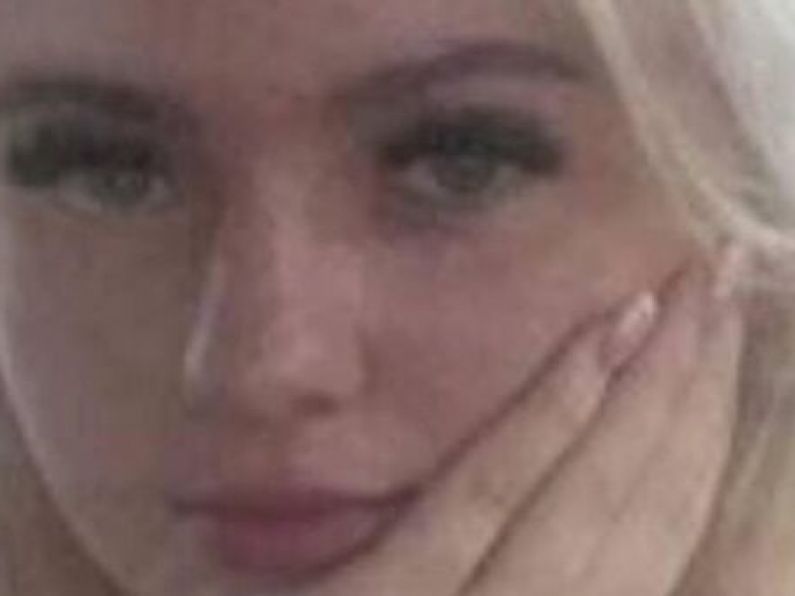By Gráinne Ní Aodha, PA
Leo Varadkar has been urged to establish a citizens’ assembly on Irish unity when he returns to the office of Taoiseach next month.
The call was made during a panel discussion organised by the pro-unity group Ireland’s Future, held in Belfast’s Ulster Hall.
Hundreds of people who gathered at the venue were told that the majority of political unionism has adopted “the ostrich approach” to the possibility of a united Ireland.
After guest speakers called on the Tánaiste, who returns to the role as Taoiseach next month, to announce an Irish unity citizens’ assembly, the audience responded with applause.
In one of the closing addresses of the event, Professor Colin Harvey called on all armed groups to disband and to “get out of the way” of Irish unity.
“Let me send a very, very clear message from this hall, on this platform tonight,” he said.
“All armed groups in this society need to disband, decommission and give us peace. They need to get out of the way of this constitutional conversation.”
He added: “I would just reiterate the calls again for the Irish Government to establish an all-island citizens’ assembly immediately.”
Earlier, former Northern Ireland Office press officer Ben Collins praised Mr Varadkar as being “much more open” and “more bullish” about Irish unity than current Taoiseach Micheál Martin.
“I really hope that Leo Varadkar when he takes over as Taoiseach on 17th December, one of the first things he does is he stands up and says ‘I’m calling a citizens’ assembly’,” he said.
During a panel discussion among speakers from Protestant backgrounds, several said that they gave more serious consideration to Irish unity after Brexit.
Mr Collins said that Brexit had made Irish unity “an urgent necessity” and “reiterated the fact that our views didn’t count, we weren’t taken into account”.
Of unionism, he said: “There’s a difference between political unionism and civic unionism, I think political unionism absolutely they’re adopting the ostrich strategy of the head in the sand, but I think civic unionism is already engaging.”
Denzil McDaniel, of the Impartial Reporter, said that Protestants have become increasingly open to change.
“Political unionism needs to take account of the fact that there are a lot of Protestants who now consider themselves ready for change,” he said.
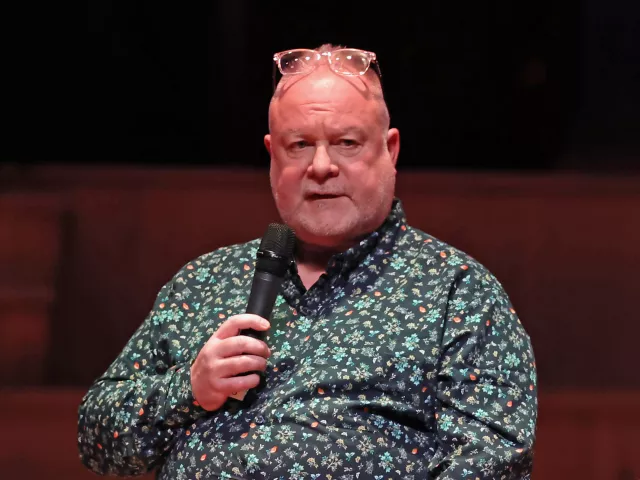
Glenn Bradley, a former British Army soldier and former UUP officer, who is now an “unapologetic peace process-er”, said that “intensive debate” on constitutional change in Northern Ireland is happening.
“The only people I can see who are denying that those conversations are taking place, and the potential of what that can then deliver, is political unionism,” he said.
He told the crowd that his early days were filled with violence and that “as a teenager I wanted to hit back”.
“And in 1984 I enlisted into the British Army with enough hate in me to kill and destroy the world.”
He said that revelations about historical Protestant rebellions, and learning that his great-grandfather spoke fluent Irish, were among the revelations that caused him to question the status quo.
He said: “My great-grandfather… was a UVF man, signed the covenant in 1912 but he spoke fluent Irish.
He added “that type of discovery, that type of myth-busting, that type of rising above propaganda” is what caused him to question the status quo – such as the first-past-the-post system.
“And then the big game-changer for me happened with Brexit,” he said.
Claire Mitchell, a former sociology lecturer at Queen’s University, argued that “deeper values” than constitutional positions need to be offered to people in Northern Ireland, particularly in relation to the climate change crisis.
“All I want is to live in a meaningful, stable democracy that is coping OK – well, even – with the ecological change, that is adapting to food and energy scarcity, that is making climate refugees feel welcome.
“I have to be honest, I don’t know if Irish unity can deliver that, but I see absolutely no sign that the UK is trying to deliver that either.”
Senator Frances Black, who is the chairwoman of the group and who hosted the event on Wednesday, described it as “a civil society organisation” that is working to prepare for constitutional change.
“It is an accepted fact that for several reasons, including Brexit, constitutional change is afoot,” she said.
Several peaceful protesters stood outside the event, with around a dozen police officers stationed outside the venue at its conclusion.
At a similar event held in Dublin last month, actor James Nesbitt said the debate about Northern Ireland’s constitutional future should be led by people rather than politicians.
In Mr Varadkar’s address to the pro-unity event, he suggested that Northern Ireland could retain some structures in one possible scenario for a united Ireland, which prompted booing from some members of the audience.



